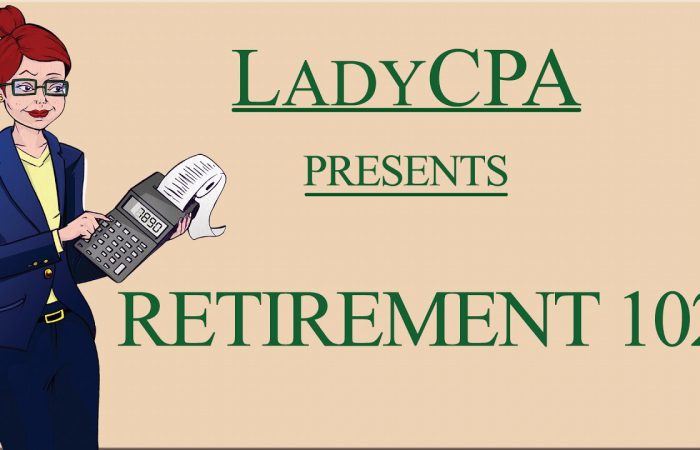
A Relative Has Died. Now What?
First off, you have to see if there is a will, or a living trust. Then you have to look at all the assets that the decedent owned. Some items transfer directly to new owners. Those items include:
• assets the deceased person owned in joint tenancy, which pass automatically to the surviving owner
• real estate the deceased person owned with his or her spouse in “tenancy by the entirety”
• assets for which a beneficiary has been named outside of the will—for example, retirement accounts for which the deceased person named a beneficiary, or payable-on-death bank accounts
• life insurance proceeds or pension benefits that are payable to a named beneficiary
• assets held in a revocable living trust
In North Carolina if the total assets, outside of what is listed above, don’t exceed $20,000 you can fill out a form titled Affidavit for Collection of Personal Property of Decedent. You fill out the form with the clerk of superior court in the county where the deceased person lived and you will get a certified copy that you can use to transfer the assets into your name. Very easy.
If there is a will and the assets exceed the $20,000 threshold, then you need to start formal probate. I’d suggest that you call us or an Attorney at that point to assist you with this paperwork. If there is any contention, you will want an Attorney.
Living Trusts are a bit different. When you set one up, you normally name yourself trustee. The successor trustee handles the distribution of the assets after you pass.



